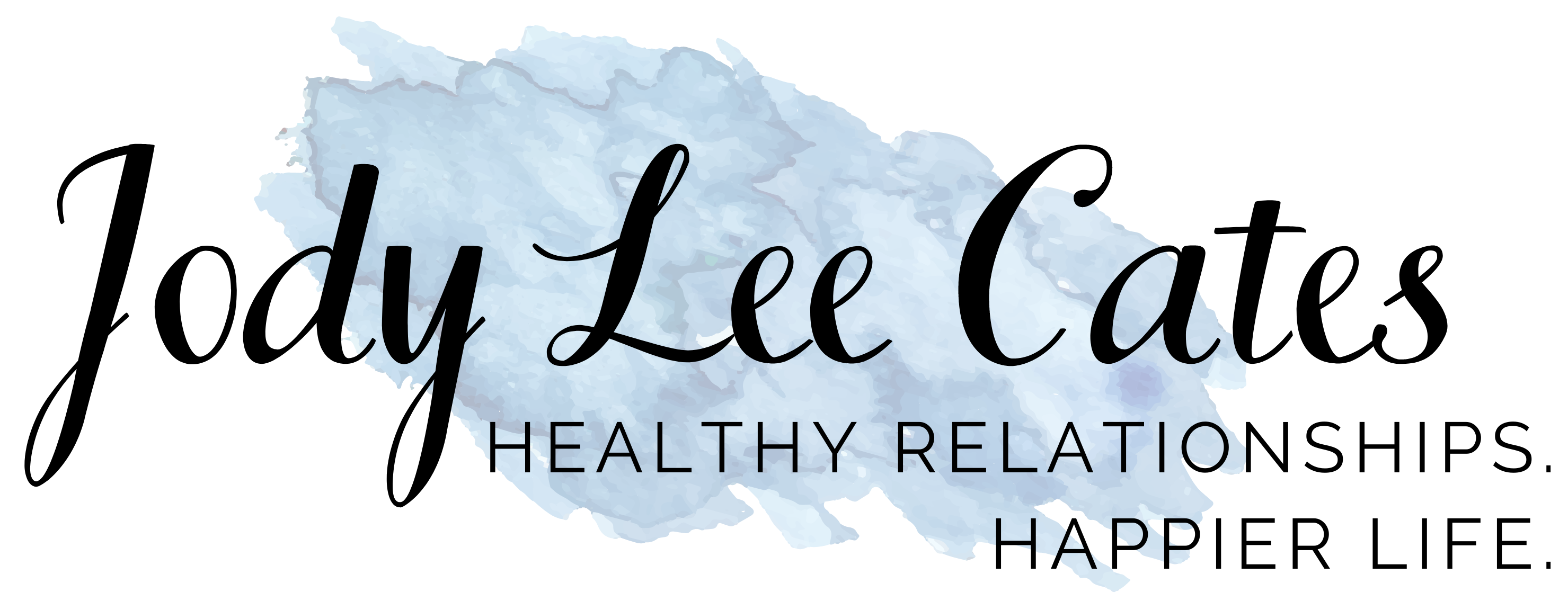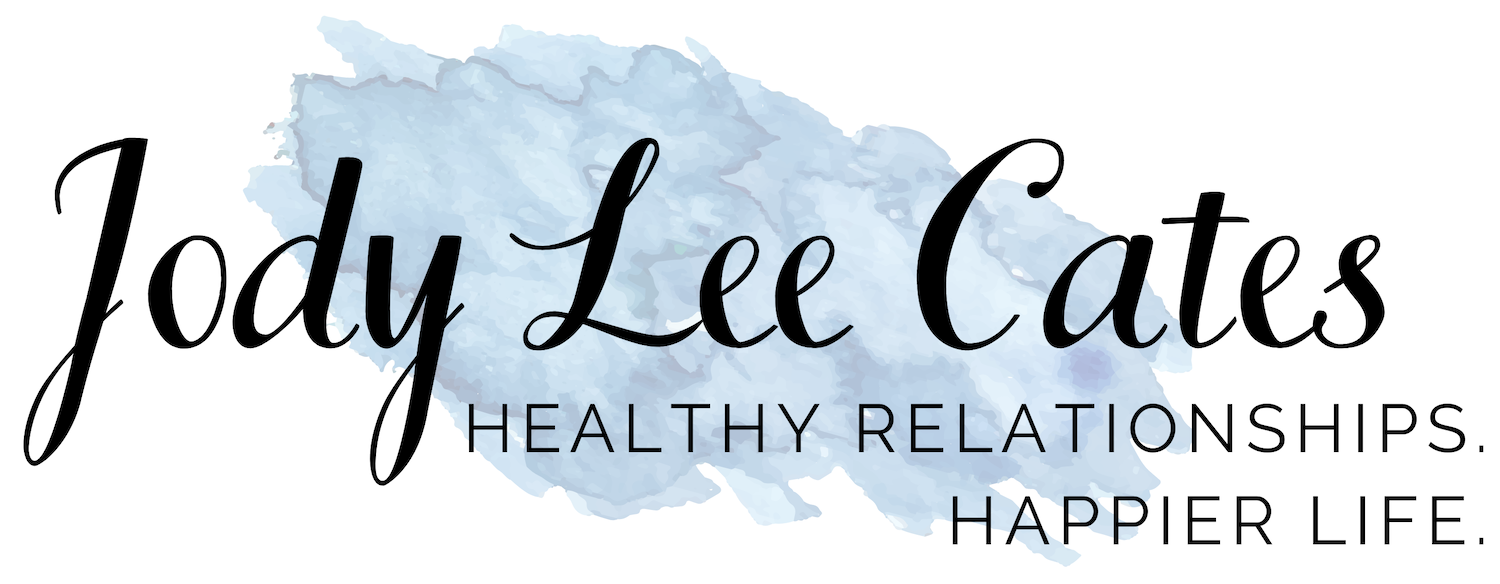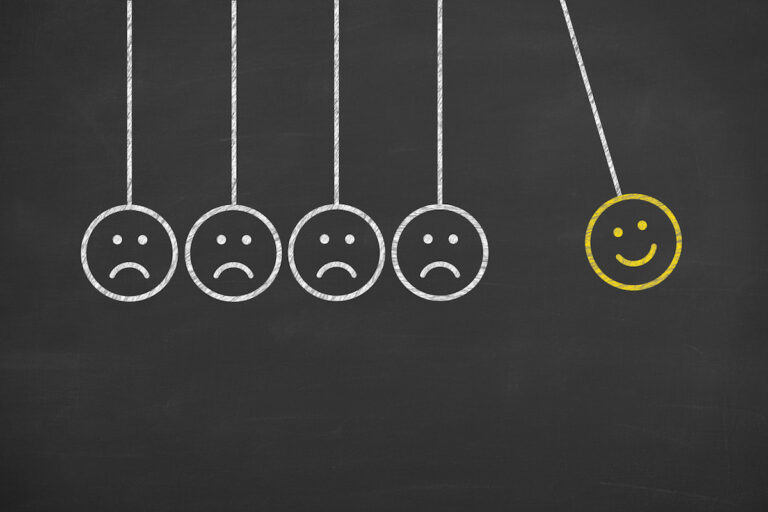Turning the Tables on the Voice of Shame

The voice of shame is a harsh taskmaster. For some, it whispers, for others, it shouts. It knows exactly what to say and how to say it to make the biggest dent in our hearts. And no matter how it speaks to you and me, the message is always the same: You are a failure, damaged, not enough, and not worthy of forgiveness and grace. Shame is a liar.
We know not to listen to lies but still…shame can be tough to shake.
We’ve all heard enough about shame to know it’s not good for us. It distorts our identity by poisoning our beliefs about ourselves. It damages our relationships by telling us it’s best to shrink back and hide our most vulnerable parts from one another. We know we shouldn’t listen to shame’s lies. That we must be cautious about what voices we allow to influence us. But being told we shouldn’t do something is never very helpful. Especially when our thoughts or feelings sound true and real.
It’s not enough to say we shouldn’t shame ourselves.
When we try to deny or ignore the voice of shame, we might muffle the noise it makes for a time, but eventually the volume turns up again. That’s because denying and ignoring shame is only a temporary fix. It sets us up for a never-ending cycle of trying harder, feeling bad, hiding, then trying harder again. There’s a better way.
Turning the tables on shame.
We can use the feelings shame stirs up as a signal that something in our lives isn’t lining up with the person we really are or want to be.

Perhaps we’ve allowed something we feel guilty about to linger around too long without changing. What started as a healthy check on our conscience has morphed into a nagging sense of failure. And the enemy has sunk his claws in right where we know there is a grain of truth to the accusation of our shortcomings. When guilt begins to morph into shame, it’s a signal that it’s time for a serious change in our behavior or attitude.
Shame and vulnerability expert Brené Brown says, “The difference between shame and guilt is the difference between ‘I am bad’ and ‘I did something bad.’” Knowing the difference frees us to respond differently the next time shame whispers or shouts its dirty little lies in our ears.
Or maybe there is something from our past or our childhood that needs healing. Shame’s lie tells us that no one will understand and we should keep our secrets to ourselves. Recognizing that shame is an imposter trying to occupy our hearts and keep us from the freedom we long for can move us to act. When shame insists we must hide, it’s a signal that it’s time to break the silence and reach out to a trusted friend, family member, spiritual leader or therapist.
How we respond to the voice of shame can be the very thing that ultimately shuts it down.
Shame causes us to want to hide and bury away the damage of sin in our lives.
But feelings of shame can alert us that it’s time to give God full access to our hearts. So He can shine His light of truth on the thoughts, behaviors or wounds that are keeping us stuck.
Instead of keeping us small and hidden, our feelings of shame can propel us straight into the arms of God. And that is where the miraculous happens: what shame intends for our harm, God uses for our good.

We can turn shame into a weapon against itself by recognizing it as a signal. An internal warning system that alerts us when something stands between us and the freedom Christ promises. (John 8:36)
By turning the tables on shame, we step out of its shadowy lies – that we are failures and unworthy of love – and into the light of God’s truth. A truth that says no matter what we’ve done – no matter what has been done to us – we will forever be the wholly loved and fully accepted children of the living God.
“So let us come boldly to the throne of our gracious God. There we will receive his mercy, and we will find grace to help us when we need it most.” (Hebrews 4:16)
♥
Recommended reading:
I Thought It Was Just Me (but it isn’t) by Brené Brown.
Shame and Grace: Healing the Shame We Don’t Deserve by Lewis B. Smedes.







